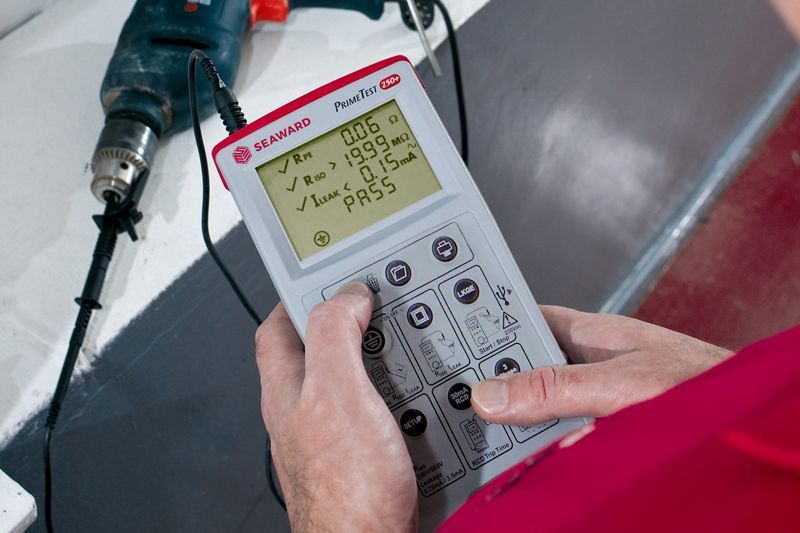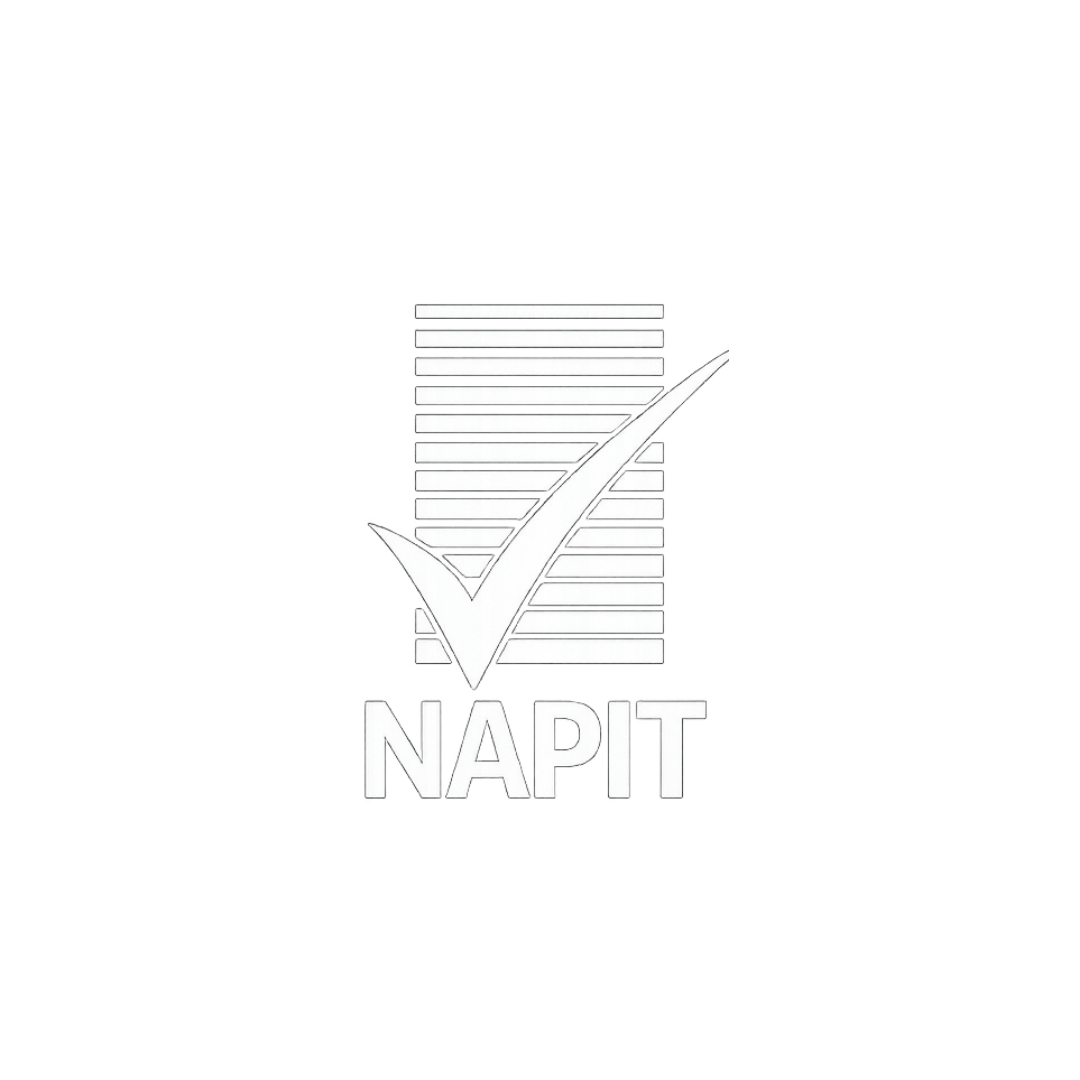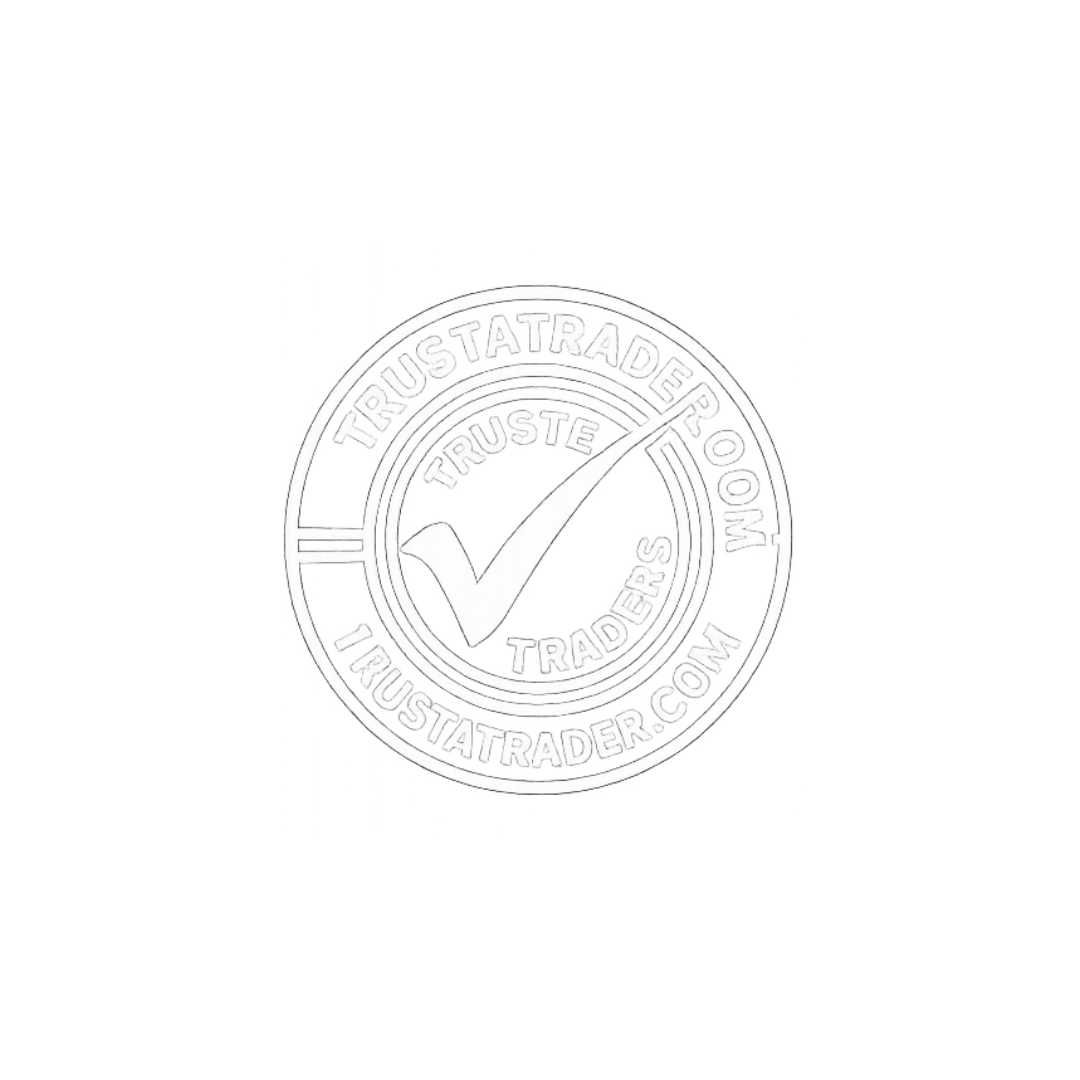EICR Certificate in London: What Landlords Must Know in 2025
Getting an EICR certificate in London is not just a legal requirement—it’s essential for ensuring the safety of tenants and the protection of your property. As of 2025, all landlords must stay updated on the latest regulations and responsibilities regarding Electrical Installation Condition Reports (EICR). If you're a property owner renting out residential or commercial space in the capital, here’s everything you need to know to stay compliant and avoid penalties.
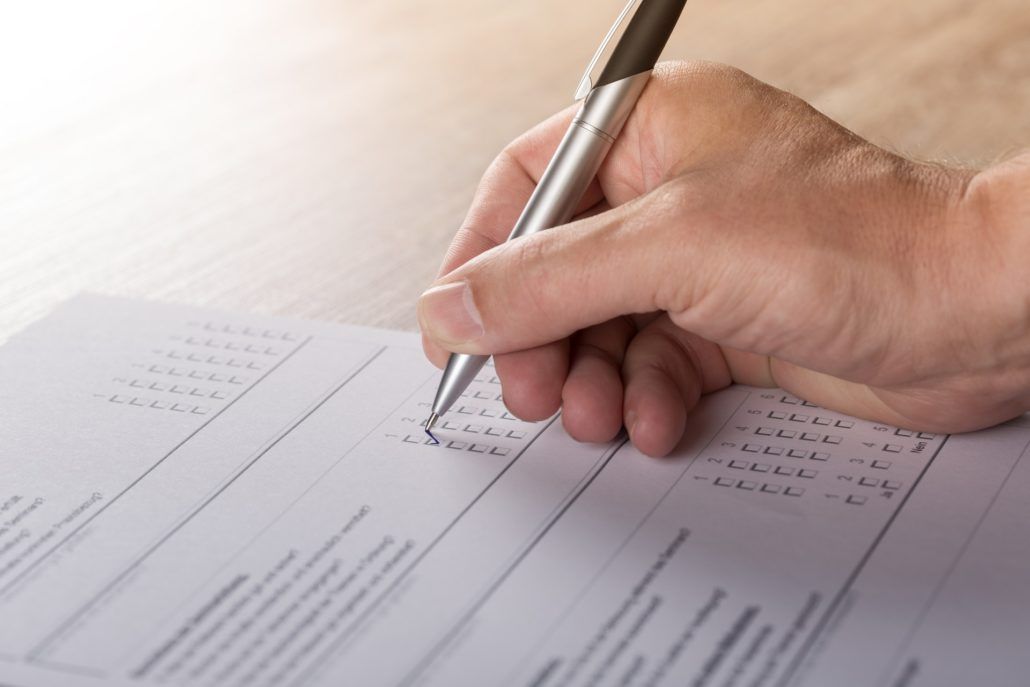
What Is an EICR Certificate in London?
An EICR certificate in London—short for Electrical Installation Condition Report—is an official document issued after a qualified electrician inspects and tests the fixed wiring in a property. It assesses the condition of the electrical installations and identifies any issues that could pose a risk.
The report outlines:
- Whether the electrical system is safe for continued use.
- Any damage, deterioration or non-compliance with safety standards.
- Recommended actions or remedial work to resolve issues.
This certificate is required for both domestic and commercial rental properties and must be renewed at regular intervals. In most cases, that means every five years, or sooner if specified by the report.
Legal Requirements for EICR in London (2025 Update)
The Electrical Safety Standards in the Private Rented Sector (England) Regulations 2020 still apply in 2025. Under these regulations, landlords must ensure that all fixed electrical installations are inspected and tested at least once every five years by a qualified and competent person.
Here are the key obligations:
- EICR must be completed before a new tenancy begins.
- A copy of the report must be given to tenants within 28 days.
- If the report recommends remedial work, it must be completed within 28 days or sooner if stated.
- Local authorities can impose fines up to £30,000 for non-compliance.
Failing to obtain a valid EICR certificate in London not only risks financial penalties but can also put tenants' safety at risk—and in severe cases, result in legal action.
Signs Your Property May Need an EICR Sooner
While the five-year interval is standard, certain signs may indicate that your property’s electrical installation should be checked earlier:
- Frequent tripping of circuit breakers.
- Flickering or dimming lights.
- Buzzing sockets or outlets.
- Signs of electrical burning smells or scorched sockets.
- Ongoing electrical repairs.
If you're unsure, it’s always safer to schedule an inspection. A certified electrician from London ELEC can advise whether your property requires an updated EICR or immediate maintenance.
Why an EICR Certificate in London Is Critical for Landlords
Besides legal compliance, here are several reasons why staying up to date with your EICR certificate in London matters:
- Protecting tenant safety: Electrical faults are a leading cause of house fires in the UK.
- Insurance validity: Many insurance providers require valid EICRs to honour claims.
- Avoiding costly repairs: Catching problems early can prevent expensive damage later.
- Maintaining property value: A safe and well-maintained property holds its market appeal.
- Tenant confidence: Providing a valid EICR shows tenants you prioritise their safety and comfort.
When you partner with experts like London ELEC, you benefit from thorough, BS 7671-compliant inspections and clear, professional reporting.
What Happens During an EICR Inspection?
A qualified electrician will inspect the electrical installation in your property, focusing on:
- Consumer units (fuse boxes)
- Sockets and switches
- Light fittings and wiring
- Earthing and bonding
- Residual Current Devices (RCDs)
The report will classify issues using these codes:
- C1 (Danger present) – Immediate remedial action required.
- C2 (Potential danger) – Urgent work required.
- C3 (Improvement recommended) – Not urgent but advised.
If the report lists a C1 or C2, your property will be deemed unsatisfactory until repairs are made and the work is certified.
How to Choose a Qualified Electrician for Your EICR Certificate in London
Not all electricians are qualified to issue an EICR. When choosing a provider, ensure they:
- Are registered with NICEIC or another recognised Competent Person Scheme.
- Have experience with domestic or commercial EICRs (depending on your property type).
- Provide a detailed report and explain any issues found.
- Are insured and compliant with UK electrical safety regulations.
London ELEC is a trusted name in London, offering high-quality inspections and certifications. Their fully accredited team ensures your property meets all safety standards without delay.
EICR Certificate in London
How long does an EICR inspection take?
A standard EICR inspection takes 1 to 4 hours depending on the property’s size and condition. Larger or older properties may require more time for thorough testing.
What is the cost of an EICR certificate in London?
The average cost ranges from £125 to £300+ depending on property size and number of circuits. Commercial EICRs may be higher. Get a quote from a qualified electrician.
Why is an EICR required for rental properties?
An EICR is a legal requirement under the 2020 safety regulations. It ensures that the electrical systems in a rental property are safe and free from defects.
Read the Full Article (Source:
Wikipedia)
Is an EICR valid if remedial work is needed?
No. If the report indicates C1 or C2 issues, the certificate is not valid until those problems are fixed and retested. A new report confirming safety must be issued.
Stay Compliant with Your EICR Certificate in London
As a landlord in 2025, ensuring you have a valid EICR certificate in London is non-negotiable. With changing regulations and rising standards, being proactive protects your property, your tenants, and your reputation. For expert inspections, repairs, and reporting, rely on qualified professionals like London ELEC to handle the process smoothly.
To book your next EICR or request a quote, visit London ELEC today.
